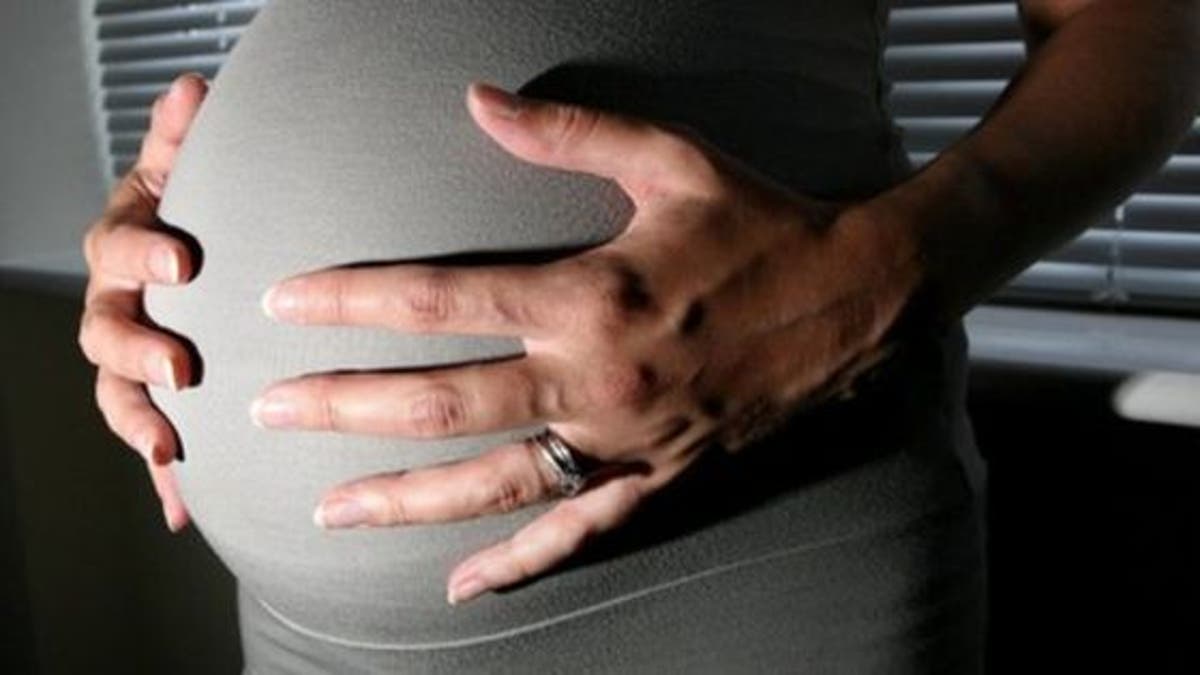
Getting back into shape after the baby. (AP)
The Centers for Disease Control and Prevention (CDC) advised Tuesday that sexually active young women not on birth control against drinking alcohol to reduce instances of fetal alcohol syndrome. The CDC also urged health care providers to counsel patients on abstaining from drinking when they stop using birth control.
In its CDC Vital Signs report, the agency found three in four women who want to get pregnant do not stop drinking alcohol when they stop using birth control. It further warned that there is no safe amount of alcohol for a woman to drink at any stage of pregnancy, including before she knows she is pregnant, which for most is four to six weeks into the pregnancy.
Alcohol use during pregnancy can cause lasting physical, behavioral and intellectual disabilities for the developing fetus, which is known as fetal alcohol spectrum disorders (FASDs).
“Alcohol can permanently harm a developing baby before a woman knows she is pregnant,” Anne Schuchat, the CDC principal deputy director, said in the report. “About half of all pregnancies in the United States are unplanned, and even if planned, most women won’t know they are pregnant for the first month or so, when they might still be drinking. The risk is real. Why take the chance?”
For the report, scientists analyzed data from the 2011-2013 National Survey of Family Growth. National estimates of alcohol-exposed pregnancy were calculated among 4,303 non-pregnant, non-sterile women ages 15 to 44. A woman was considered to be at risk for alcohol-exposed pregnancy if in the past month she was not sterile, her partner was not known to be sterile, she had vaginal sex with a male, consumed any alcohol, and did not used birth control. Women were considered to be trying to conceive if she and her partner had stopped using contraception to achieve pregnancy.
Through the analysis, scientists found 3.3 million American women were at risk of exposing their developing baby to alcohol if they were to become pregnant.
“Every woman who is pregnant or trying to get pregnant— and her partner— want a healthy baby,” Dr. Coleen Boyle, director of CDC’s National Center on Birth Defects and Developmental Disabilities, said in the report. “But they may not be aware that drinking any alcohol at any stage of pregnancy can cause a range of disabilities for their child.”
“It is critical for health care providers to assess a woman’s drinking habits during routine medical visits; advise her not to drink at all if she is pregnant, trying to get pregnant or sexually active and not using birth control; and recommend services if she needs help to stop drinking,” Boyle said.








































